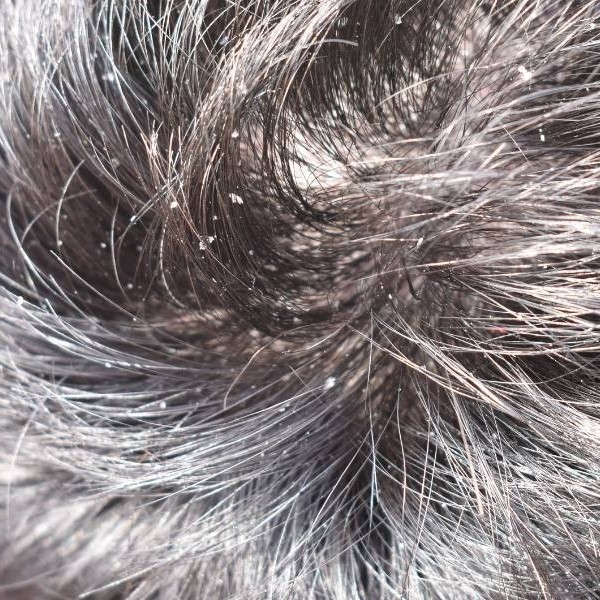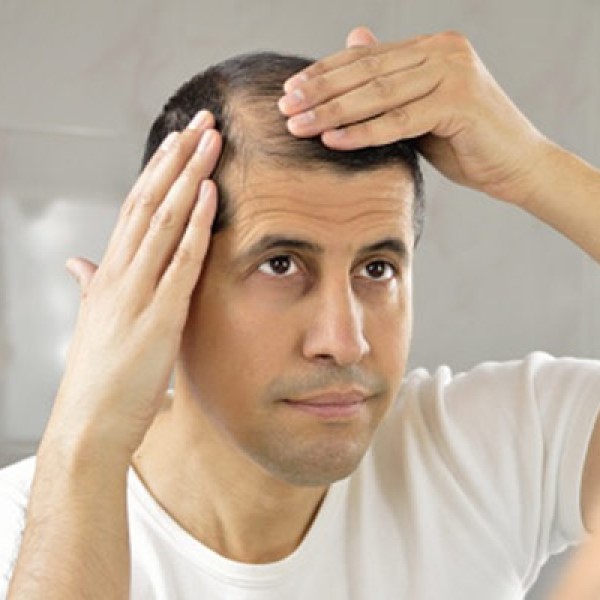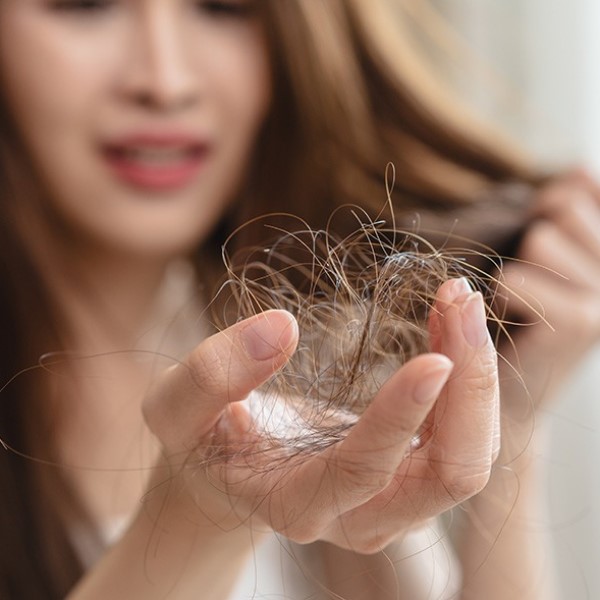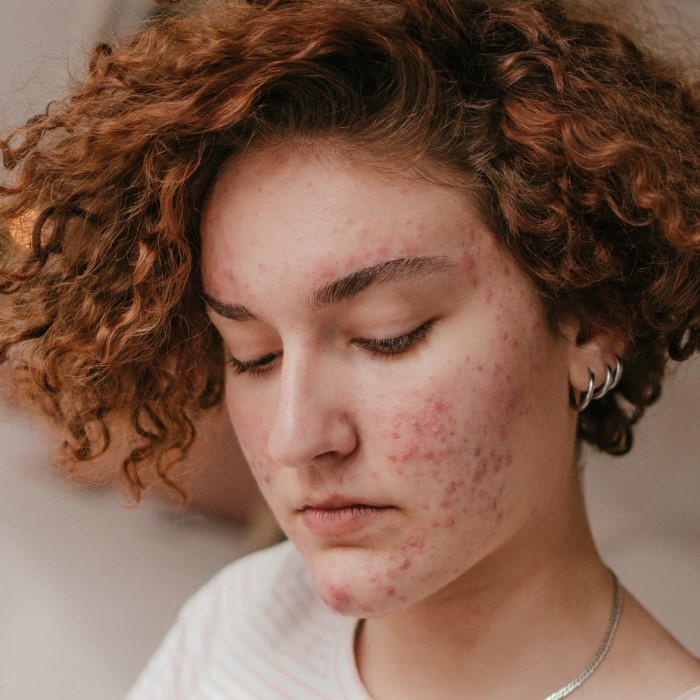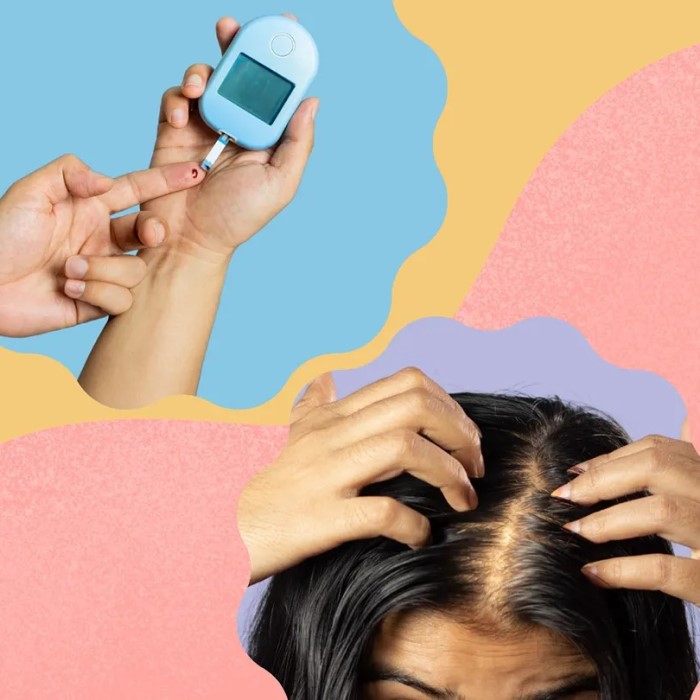
Does Diabetes Cause Hair Loss? Essential Insights for Patients
Introduction to Diabetes and Its Impact on Health
Diabetes is a chronic condition that affects millions of individuals worldwide. It occurs when the body is unable to produce enough insulin or cannot effectively use the insulin it produces, leading to elevated blood sugar levels. These fluctuations in blood glucose can result in various complications affecting overall health. While many are aware of the common symptoms, such as excessive thirst, frequent urination, and fatigue, the question arises: “Does diabetes cause hair loss?” This article aims to answer that question and shed light on the intricate relationship between diabetes and hair health.
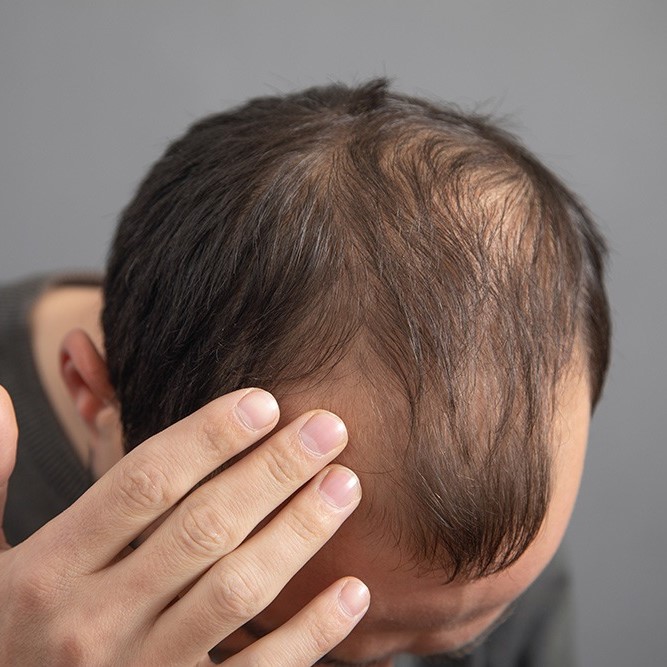
The Link Between Diabetes and Hair Loss
Research has shown a strong correlation between diabetes and hair loss. Diabetes can lead to several conditions that negatively affect hair growth, primarily due to its impact on blood circulation and hormonal balance in the body. When blood sugar levels remain uncontrolled, they can cause damage to blood vessels, impeding blood flow to hair follicles.
Adequate blood supply is essential for hair follicles as it provides essential nutrients and oxygen needed for healthy hair growth. When the follicles do not receive sufficient nutrients, they can become weak, leading to hair thinning and, eventually, hair loss.
Furthermore, diabetes can induce conditions such as alopecia areata, an autoimmune disorder characterized by patchy hair loss. In this case, the body’s immune system mistakenly attacks hair follicles, which can lead to abrupt hair loss. To manage this understanding, diabetes patients should be aware that fluctuating blood sugar levels could directly affect their hair health.
Common Symptoms of Hair Loss Due to Diabetes
Does diabetes cause hair loss? Understanding how to recognize diabetes-related hair loss is crucial for patients. Here are some symptoms to watch for:
Thinning Hair
- Gradual Process: Thinning hair is one of the most recognizable signs of hair loss related to diabetes. Unlike sudden hair loss, thinning develops gradually over time.
- Scalp Distribution: This thinning typically occurs across the entire scalp rather than being localized to one specific area. As a result, the overall volume of hair diminishes, making the scalp more visible.
- Psychological Impact: Many individuals may experience emotional distress due to the gradual thinning of hair, as hair is often associated with youth and vitality. This can affect self-esteem and body image.
Unusual Dryness
- Loss of Moisture: Hair may exhibit unusual dryness and brittleness, which can manifest as frizz or split ends. This shift in texture makes hair less manageable and can lead to further breakage.
- Diminished Luster: Normally healthy hair has a natural shine. When hair becomes dry due to insufficient moisture and nourishment, it loses this shine and appears dull and lifeless.
- Follicle Health: The dryness of the hair is a crucial indicator that hair follicles may not be receiving adequate nourishment, potentially due to poor blood circulation often associated with diabetes.
Patchy Hair Loss
- Alopecia Areata: In more pronounced cases such as alopecia areata, individuals may observe patchy areas of hair loss. This autoimmune condition leads to sudden, unexpected hair loss in specific spots.
- Affected Areas: While the scalp is most commonly affected, patchy hair loss can also extend to other areas of the body, including facial hair (beards and mustaches), eyebrows, and eyelashes.
- Unpredictable Nature: The occurrence of patches can be unpredictable, leading to varying experiences among individuals. Some may have a singular patch that resolves, while others may develop multiple areas of hair loss.
Slow Hair Growth
- Noticing Slow Change: If individuals begin to notice that their hair is growing significantly slower than in the past, this could be a warning sign of underlying complications associated with diabetes.
- Impact on Confidence: Slowed growth can be particularly distressing as it affects the ability to style hair or maintain desired lengths, further impacting personal confidence and satisfaction with one’s appearance.
- Associated Concerns: This symptom may indicate more serious health issues associated with poorly managed diabetes, including hormonal imbalances or systemic complications that need medical attention.
By closely monitoring these symptoms, patients can take proactive steps toward addressing their conditions.
FAQ: Can Diabetes Hair Loss Grow Back?
A common inquiry among those suffering from hair loss related to diabetes is, “Can diabetes hair loss grow back?” The answer to this question is often optimistic. If blood sugar levels are effectively managed and if the hair follicles remain intact, regrowth is possible.
However, the timeline for regrowth can vary significantly from person to person. Factors such as age, overall health, and the underlying reasons for hair loss play a significant role in the recovery process. It is also essential to engage healthcare professionals in discussing any hair loss concerns you might have, as they can guide you through potential treatment options.
Treatment Options for Diabetes-Related Hair Loss
Does diabetes cause hair loss? Addressing hair loss due to diabetes requires a multifaceted approach. Here are some effective treatment options to consider:
Over-the-Counter Treatments
Minoxidil is widely recognized as a viable over-the-counter treatment for hair loss. It is available in both liquid and foam forms and is applied directly to the scalp. Research has shown that Minoxidil can stimulate hair follicles, improve blood circulation, and promote hair growth in individuals experiencing androgenetic alopecia and other types of hair loss.
Prescription Medications
In more severe cases, healthcare professionals may prescribe medications specifically aimed at controlling hair loss. These may include finasteride for men or other hormonal treatments for women that help balance the hormones contributing to hair thinning.
Nutritional Support
Dietary choices can significantly impact hair health. A balanced diet rich in vitamins and minerals is vital for maintaining healthy hair. Nutrients such as biotin, zinc, and vitamins A, C, and E play essential roles in promoting hair growth. Working with a nutritionist can help diabetics formulate a diet that not only regulates blood sugar levels but also supports hair vitality.
Professional Treatments
When lifestyle changes and over-the-counter solutions are not effective in combating hair loss, professional interventions may be necessary. Hair restoration treatments, including Platelet-Rich Plasma (PRP) therapy, have emerged as popular options. This involves taking a patient’s blood, processing it to extract growth factors, and injecting it into the scalp to promote hair growth.
For those who may be looking for a more permanent solution, hair transplant procedures can be discussed with a dermatologist or surgical specialist. Such interventions require careful consideration and consultation to ensure they align with the patient’s health status.
The Impact of Sugar Intake on Hair Health
Another important aspect to consider when discussing diabetes and hair loss is the role of sugar intake. Many patients wonder, “Does excess sugar cause hair loss?” The answer is yes; high sugar consumption can exacerbate diabetic symptoms and contribute to hair loss.
When individuals consume excessive sugar, it can lead to spikes in blood sugar levels, resulting in insulin resistance over time. Insulin resistance complicates diabetes management and can disrupt hormonal balances, further compromising hair health.
Maintaining a balanced diet with controlled sugar levels is essential not just for diabetes management but also for ensuring healthy hair growth. This includes opting for whole grains, lean proteins, fruits, and vegetables while minimizing refined sugars.
Lifestyle Changes to Prevent Hair Loss
Preventing hair loss related to diabetes goes beyond just treatment; lifestyle modifications play a pivotal role. Here are some lifestyle changes that can help:
- Regular Exercise: Engaging in regular physical activity improves blood circulation, which is crucial for nutrient delivery to hair follicles.
- Stress Management: Chronic stress can worsen both diabetes and hair loss. Incorporating relaxation techniques such as meditation, yoga, or even simple breathing exercises can help manage stress levels effectively.
- Adequate Hydration: Staying hydrated supports overall health, including healthy hair growth. Drinking plenty of water daily aids in the efficient functioning of bodily systems.
- Regular Medical Check-ups: Regularly consulting healthcare providers for blood sugar level monitoring and overall health assessments can help catch issues early.
Conclusion
In conclusion, understanding the relationship between diabetes and hair loss is essential for effectively managing both conditions. To address the question, “Does diabetes cause hair loss?”, the answer is affirmative, and it generally stems from a combination of physiological and hormonal factors.
Patients experiencing hair loss must take proactive steps to manage their diabetes and consider the variety of treatment options available to promote hair health. Though challenges may arise, awareness and adequate treatment strategies can pave the way for effective management of hair loss associated with diabetes, ultimately helping individuals enhance their confidence and quality of life.
If you find yourself struggling with hair loss as a diabetic, consult with healthcare professionals who can provide the necessary support and guidance tailored to your personal health goals. With care, patience, and perseverance, managing diabetes-related hair loss is achievable.
